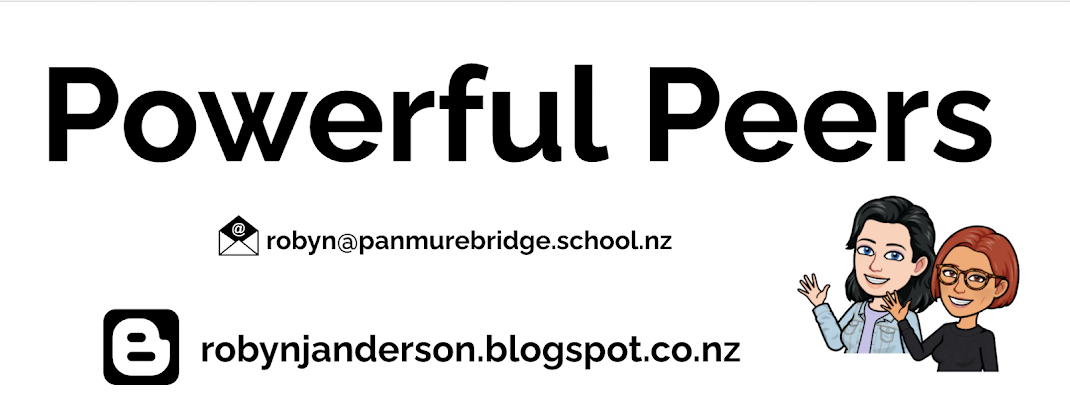If I want my students to leave quality blog comments then I need to make sure my instruction and explanations help them understand what this looks like.
'We tell children that a good summary includes "the most important ideas," but some children are left wondering how to tell which ideas are most important. Unfortunately, explanations are often unhelpful. Children can define the main idea, for instance, but they still cannot construct an adequate summary reflecting the important information in a text. Explaining a process is an improvement compared to simply assigning students work, but many children do not acquire useful strategies from explanations alone..... A model makes the process of understanding a domain of
knowledge easier because it is a visual expression of the topic.'
Salisu and Ransom (2014)
If I want my students to engage in blog commenting and respond to comments left on their blogs then I need to make sure I allow time in class for them to be
'participating actively and with understanding... and be able to see worthwhile challenge and purpose in their tasks.'
If I want my students to see the value of, and interact with feedback comments received on their own blogs then I need to help them to see the power a dialogic interaction can have on strengthening their own connections to a topic.
'Feedback is one of the most powerful influences on learning and achievement.... Feedback is conceptualised as information provided by an agent... and while a teacher can give corrective feedback... peers can suggest an alternative strategy.... However there must be a learning context to which feedback can be addressed... so others can use their knowledge to suggest more effective strategies whilst growing their own error detection skills.... Feedback that is not linked to the learning focus is not effective.... those searching for feedback on the mood in their story will not be looking for feedback on spelling or presentation....'
Hattie and Timperley (2007)
The Power of Feedback

